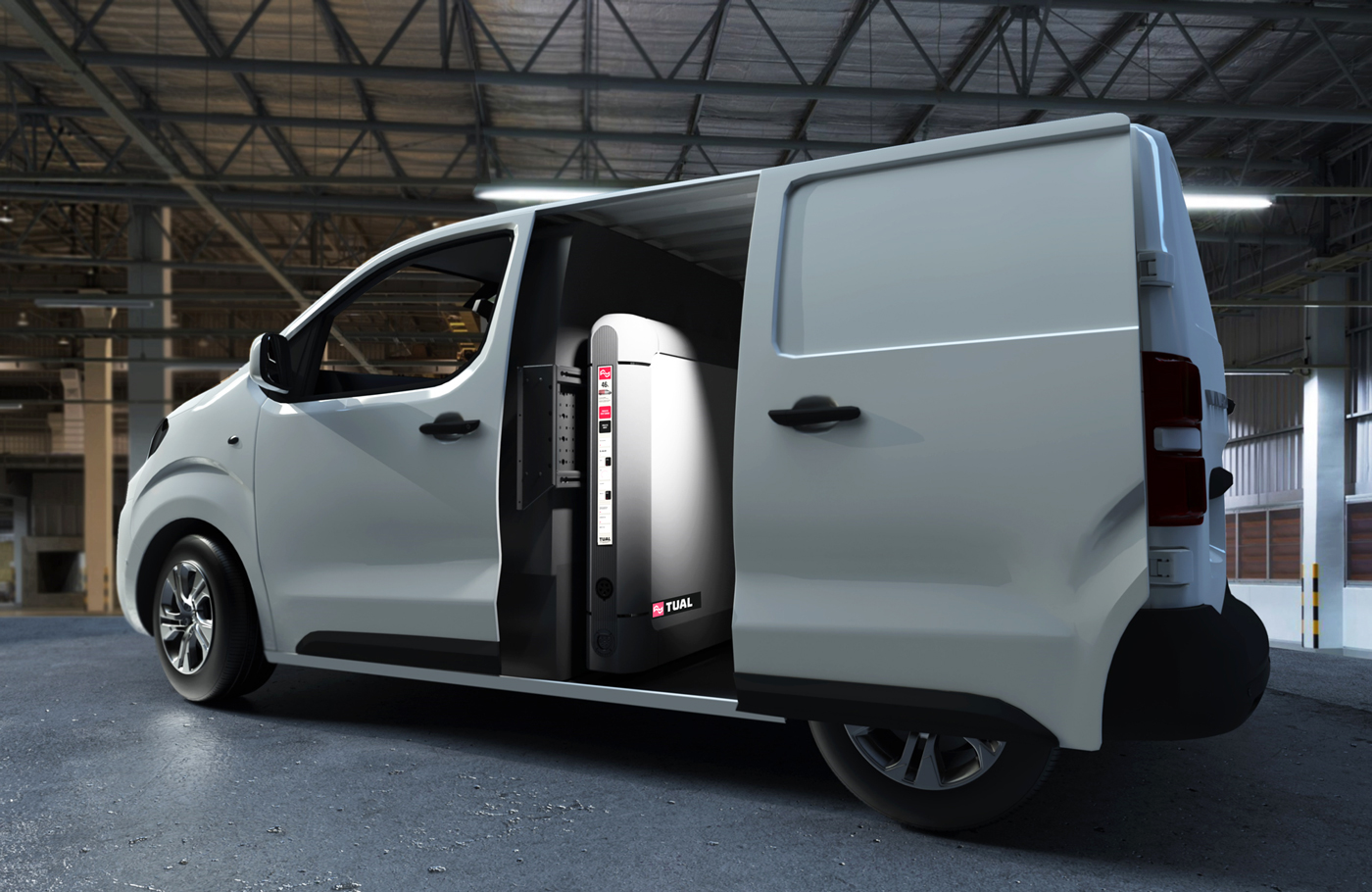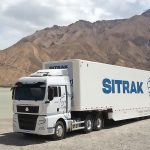Loud and proud!
Loud and proud!
I need to tell you that I am mighty proud of our industry. We’re doing a terrific job – especially when it comes to saving the planet.
“Perfection is not attainable, but if we chase perfection we can catch excellence.” Those wise words were uttered by a chap called Vince Lombardi (who is considered by many to be the greatest coach in American football history and one of the greatest leaders in the history of all US sports).
I thought about the transport industry when I read that quote, because while we’re not perfect, we’re doing a rather marvellous job of tackling the thorny subject of sustainability. Not a day goes by when I don’t get a media release from a company in our industry, telling me all about some incredible new development that aims to save our planet.
For instance, just as I was about to start penning this column, I received a fascinating media release from a company based in Glasgow called TUAL Technology. You know the power banks that we use to charge our mobile telephones when we’re out and about? They’ve come up with a similar concept: a power bank to charge the batteries of commercial vehicles. Pretty smart, huh?


In a similar vein, I’m constantly attending events where “green” tech is unveiled. Most recently, I was in Gothenburg, where Volvo Buses launched the BZR Electric, a global platform for city, intercity, and commuter operations. The company unleashed about 20 experts on the audience during the event – and it was really fascinating to listen to them. It was interesting to discover that even the purchasing department is focused on sustainability. The Volvo Group has around 50,000 suppliers and, with effect from this month, the purchasing department will be using a new CO2 AI tool to measure emissions.
TUAL and Volvo are but two of thousands of companies within our industry actively working towards greening our planet. I salute them because this is not necessarily an easy path to tread. Decarbonised products and services are often extremely costly (ask anyone who’s invested in an electric truck recently). As McKinsey notes: “Reducing emissions created by transport can be particularly expensive. For example, decarbonising an air shipment – using sustainable aviation fuel, which is about three times more expensive than standard aviation fuel – could increase the shipment’s costs by approximately 60% by 2030.” Customers won’t pay more for decarbonised products or services. According to a McKinsey analysis, more than 80% of logistics customers are not willing to pay even a 10% premium for them…
While increased costs will remain a challenge for the conceivable future, our industry is also grappling with infrastructure (or rather, a lack thereof). Recently, MAN commissioned a Megawatt Charging System (MCS) at its Munich plant and demonstrated megawatt charging on its eTruck for the first time. Alexander Vlaskamp, MAN Truck & Bus CEO, used the event to highlight the dire shortage in Megawatt Charging Systems in Germany.
“The goal is 30,000 MCS charging points in Europe by 2030 – around 4,000 of them in Germany. We put one of the first charging points into operation today; we don’t have much time left to set it up,” he stressed.
It goes without saying that a shortage of charging points would be a complete disaster. According to TUAL, lost productivity from charging downtime can cost fleets up to £150,000 per driver or vehicle over a five-year period (that’s R3.5 million… ouch!)
Of course, with MCS, a lot of energy is needed (which we don’t quite have in abundance here in South Africa).
But instead of dwelling on the negatives, let’s focus on the positives. The fact of the matter is this: our industry is doing a wonderful job of embracing sustainability. We’re not perfect. But we’re certainly “catching excellence”… and that’s worth celebrating!
Published by
Charleen Clarke
focusmagsa




